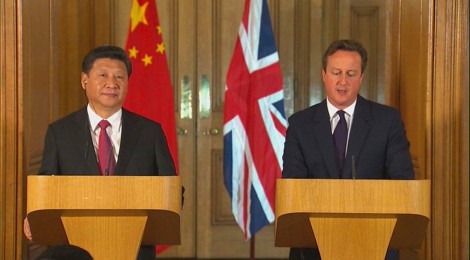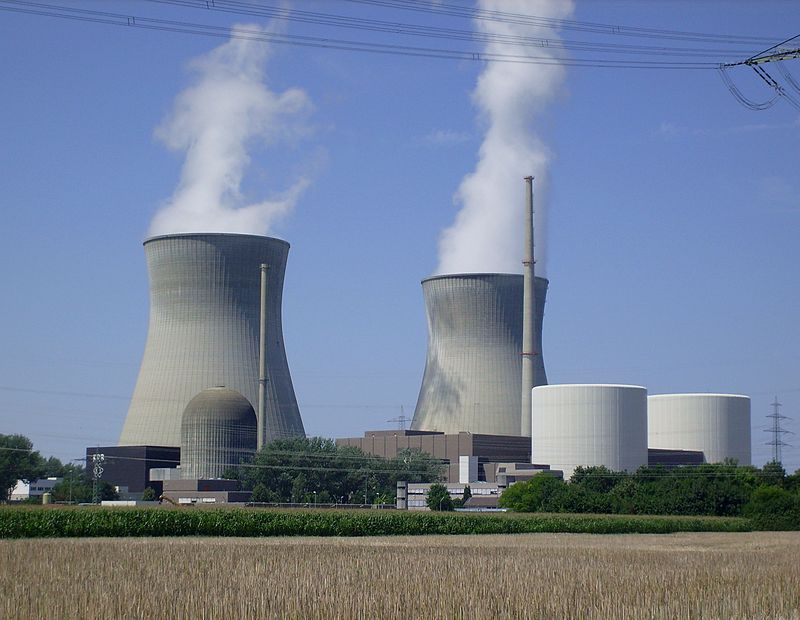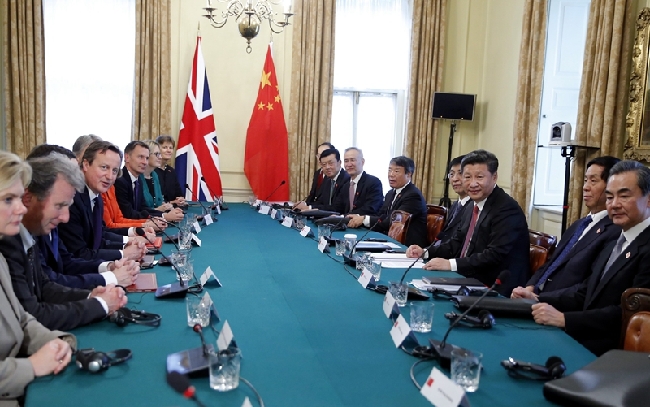
President Xi’s British tour and China’s nuclear industry
For the first time in the last ten years, this week a Chinese President paid an official visit to the U.K. There has been high expectations for this trip, being lauded from both sides as the starting point of a “golden era” of bilateral relations. According to an article published by People’s Daily on Monday, this trip will help in promoting both China-U.K. and China-Europe ties. Moreover, President Xi, during a rare interview with Reuters, called Britain “the Western country that is most open to China”. As a proof of that, remember that the U.K. was the first Western country to join the China-lead Asian Infrastructure Investment Bank.
The President’s visit comes after the Chinese tour of the Chancellor of the Exchequer George Osborne in September, where he unveiled plans to make China the U.K.’s second largest trading partner by 2025. China represents an important opportunity for the country, with its enlarging middle class and an increasing propensity for foreign investment. This is reflected in the different approach the British government is offering to Xi, especially when compared to how he was received during its recent trip to the U.S., where they denied him to address Congress. In fact, Xi addressed the British parliament on Tuesday, and he and his wife were invited to join a state banquet hosted by the Queen.
One of the most important outcomes of the visit is the historic agreement – as it was called by British Prime Minister David Cameron – signed on Wednesday, which is going to give China a substantial stake in British nuclear industry. The deal was certainly the commercial highlight of President Xi’s four-day trip, which resulted in agreements worth nearly € 55 billion, in areas like aircraft manufacturing, healthcare, and energy. The main project will see the construction of U.K.’s first new nuclear power plant in 30 years, and the first to be built in Western Europe since the 2011 Fukushima disaster in Japan, which made many countries rethink their nuclear energy strategy. The French Electricite de France SA will build the new plant, with investments coming from China National Nuclear Corporation and China General Nuclear Power Group.
For China’s nuclear industry, the chance to invest in Britain represents a major opportunity. According to data the World Nuclear Association, China has the most ambitious nuclear building program in the world, consisting in 68 commercial reactors under construction or in the planning stages. After having received help from both France and the Japanese Toshiba, China has gradually developed its own local designs and built up a large chain of domestic suppliers. Looking at the building boom, it seems that Chinese nuclear contractors have gained knowledge and experience and are now ready to apply it outside China.
As analysts say, building a plant in Britain will give China great  credibility globally, considered that the U.K. has one of the more rigorous approval processes, would give China the credibility it needs, because if Chinese technology is “licensed in the U.K., it is licensable anywhere”.
credibility globally, considered that the U.K. has one of the more rigorous approval processes, would give China the credibility it needs, because if Chinese technology is “licensed in the U.K., it is licensable anywhere”.
The last time Chinese head of state was in 2005, when then-President Hu Jintao’s visit was welcomed with protests by Tibetan and human rights campaigners. But the current conservative British leadership seems to be much more intimate with Chinese leaders now than before.





